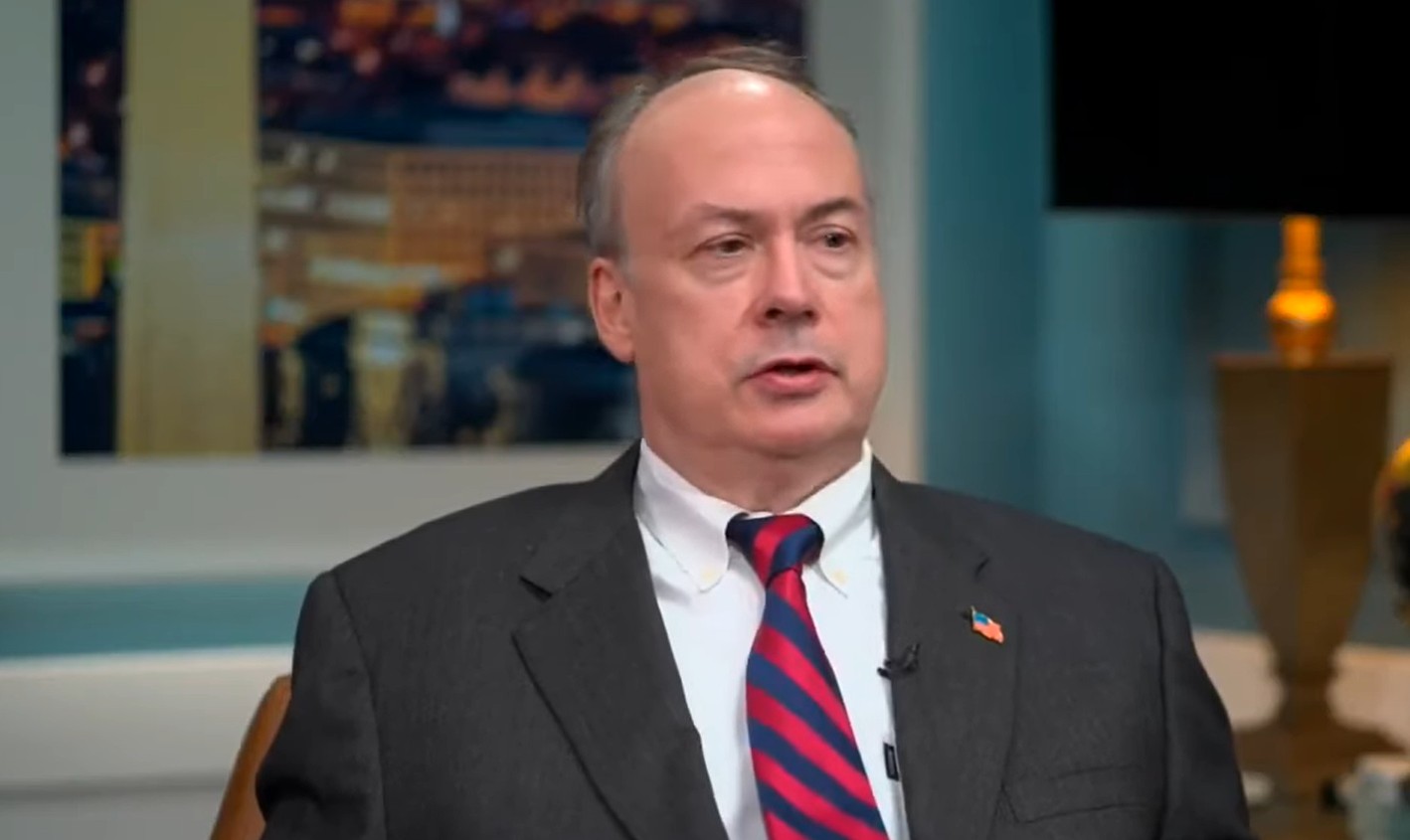America First Legal (AFL) has filed a brief supporting Jeffrey Clark, a former Trump Justice Department official, against what it describes as persecution from the D.C. bar, which is attempting to strip him of his law license.
Explainer USCIS Reinstates 'Good Moral Character' Requirement For Citizenship
The 29-page amicus brief, obtained by The Federalist, argues that the proceedings against Clark should be dismissed. Clark's alleged misconduct involved drafting a letter regarding potential irregularities in Georgia's presidential election, which was never sent or acted upon.
Clark currently serves as the head of the Office of Information and Regulatory Affairs (OIRA) within the Office of Management and Budget (OMB) at the White House.
Gene Hamilton, president of AFL, stated, "We are proud to stand beside Jeff Clark as he faces an unquestionably weaponized disciplinary process. There is no place in a free society for thought police."
The brief contends that the D.C. Bar's actions represent an attempt to dictate the legal advice a lawyer can provide to the President of the United States, under threat of sanction. "Impeding the President’s ability to exercise core constitutional powers is the purpose of this proceeding," it states.
AFL cites the Supreme Court's decision in Trump v. United States, asserting that the President is immune from criminal prosecution for actions within his constitutional authority. The brief also references Article II, Section 2 of the U.S. Constitution, which allows the President to seek written opinions from senior executive officers without fear of retribution.
Ryan Giannetti, counsel for AFL, emphasized that punishing Clark for advising the President undermines both his livelihood and the presidency itself. "The Constitution requires fearless, unfiltered counsel inside the Executive Branch," he said.
The amicus brief follows a similar submission by three former U.S. attorneys general, who criticized the bar's actions as politically motivated. They noted that ethics complaints driven by partisan animosity are detrimental to the legal profession.
The D.C. Court of Appeals is expected to make a final determination regarding Clark's law license. AFL argues that even if absolute immunity is not granted, Clark is still protected by qualified immunity due to the principles of separation of powers.
As the legal proceedings unfold, the implications for executive branch officials and their ability to provide candid advice remain a focal point of concern for AFL and its supporters.
Why it matters
- AFL's support for Clark highlights concerns over perceived political motivations behind disciplinary actions against legal advisors to the President.
- The case raises significant questions about the limits of legal advice provided to the President and the potential chilling effect on executive counsel.
- The outcome could set a precedent affecting the independence of legal professionals advising government officials.
- The situation underscores ongoing tensions between legal ethics and political accountability in the context of the Trump administration.
What’s next
- The D.C. Court of Appeals is set to make a final ruling on Clark's law license status soon.
- AFL plans to continue advocating for Clark and similar cases involving executive branch officials.
- Further legal challenges may arise depending on the court's decision regarding immunity claims.
